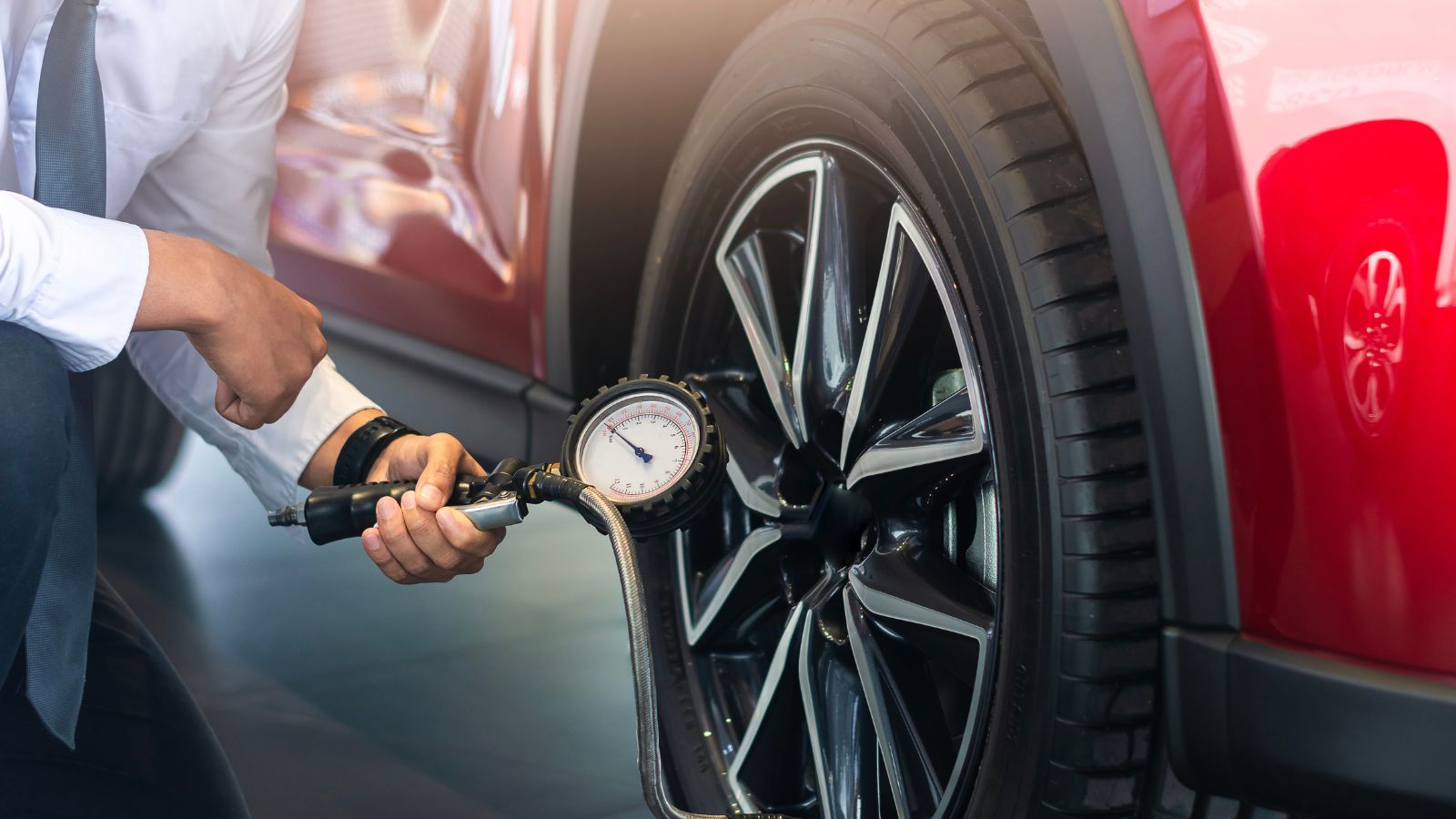Getting your car to 200,000 plus miles is no easy feat. It demands frequent and timely maintenance and careful driving habits. If you want your car to last, you can’t cut corners on important things like parts or maintenance, and you certainly can’t ignore warning signs from your vehicle. Here are 18 tips and tricks to push your car to that 200K mile mark.
Buy the Right Car to Begin With

While this message may be coming a little too late, it really is important. If keeping a car for a long time and getting the maximum mileage out of it is important to you, take that into strong consideration when purchasing a car. Some may have other features that seem compelling, but they won’t necessarily stand the test of time.
Regularly Rotate Your Tires
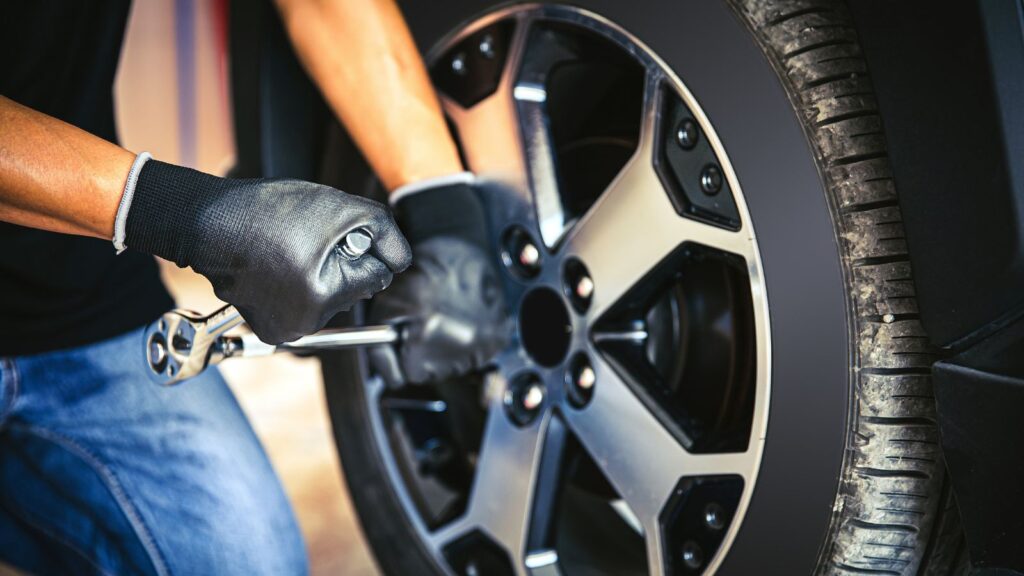
You might be thinking to yourself, “But I rotate my tires every time I drive!” In actuality, rotating your tires means moving each tire from one wheel position to another. The purpose is to be sure there is even wear on all four tires. It’s generally recommended to get done every 5,000-7,500 miles, but each car is different, and some might require more or less.
Drive Evenly

It should come as no surprise that driving calmly and evenly is integral to keeping a car in good shape. Things like revving the engine, slamming on brakes, routinely speeding over 60 mph, and not engaging the parking brake when necessary can wear down your car quicker.
Keep an Eye on the Air Filter
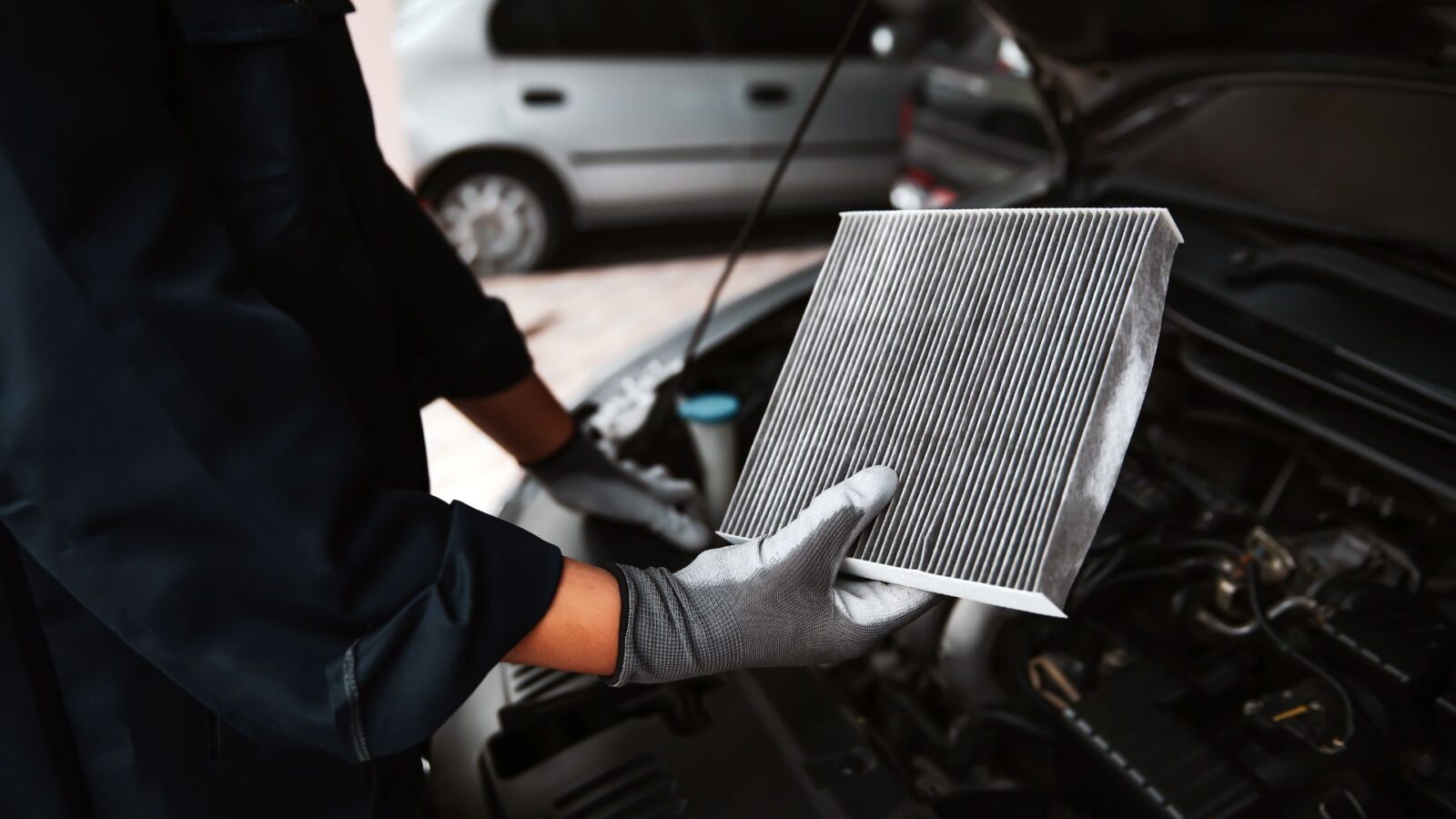
The air filter can actually have a major impact on a car’s performance. It prevents debris from getting into the engine, which is important because a dirty air filter can prevent the flow of air to the engine. This means the engine might try to make up for the lost air by burning more fuel. The air filter is something that often gets overlooked by drivers and shouldn’t be.
Change Oil On Time
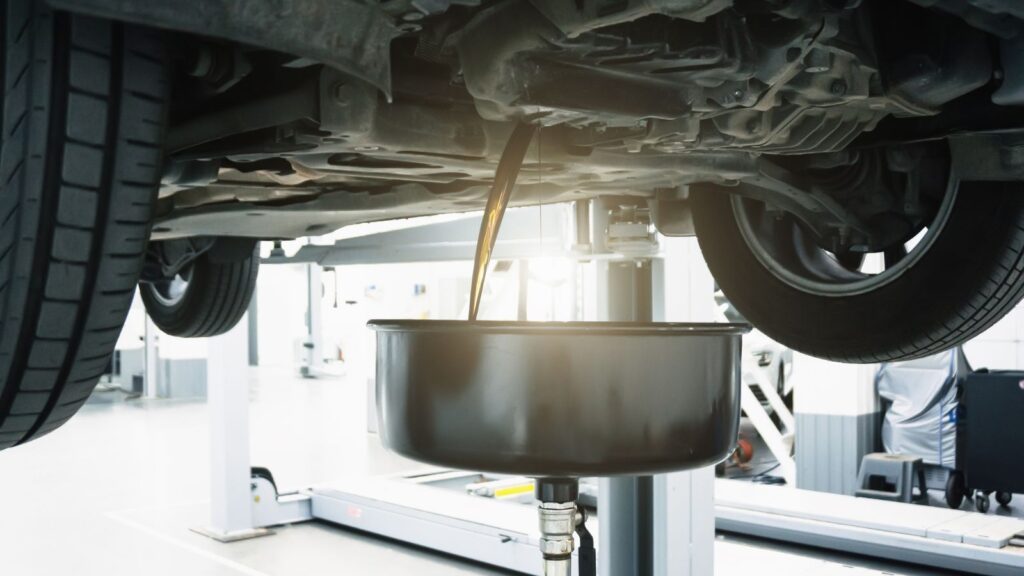
Oil is very important as it prevents the engine from overheating. It also lubricates the moving parts of the engine, which lessens friction and wear over time. Changing the oil as frequently as is necessary for your car (usually twice a year) will prolong the life of certain car components and allow you and your vehicle to go the distance.
Keep Up with Other Fluids
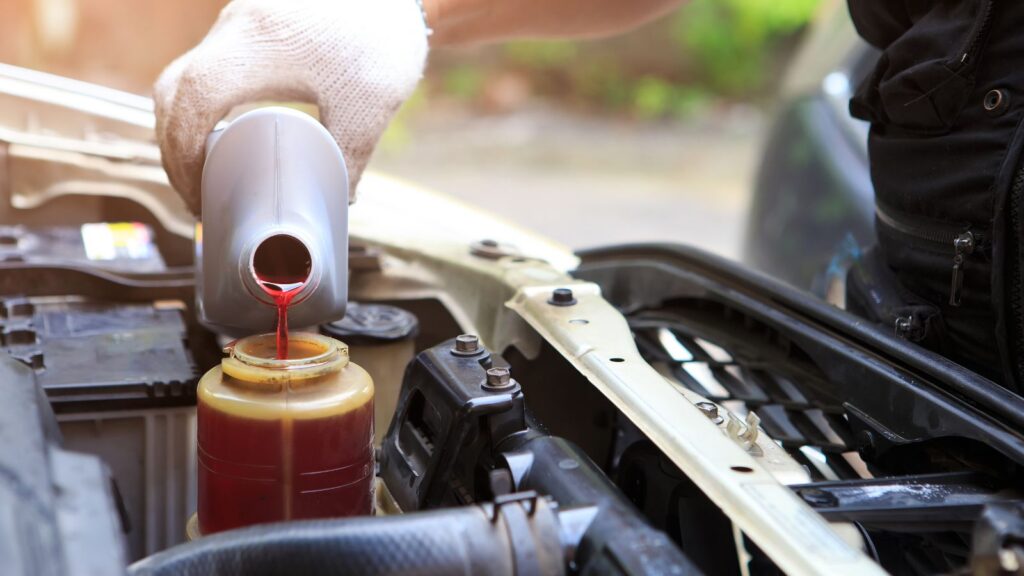
Besides oil, there are other fluids integral to a car’s performance, such as engine coolant, differential oil, power steering fluid, and brake fluid. Make sure to keep an eye on these, and don’t let them get too low.
Stick to the Maintenance Schedule
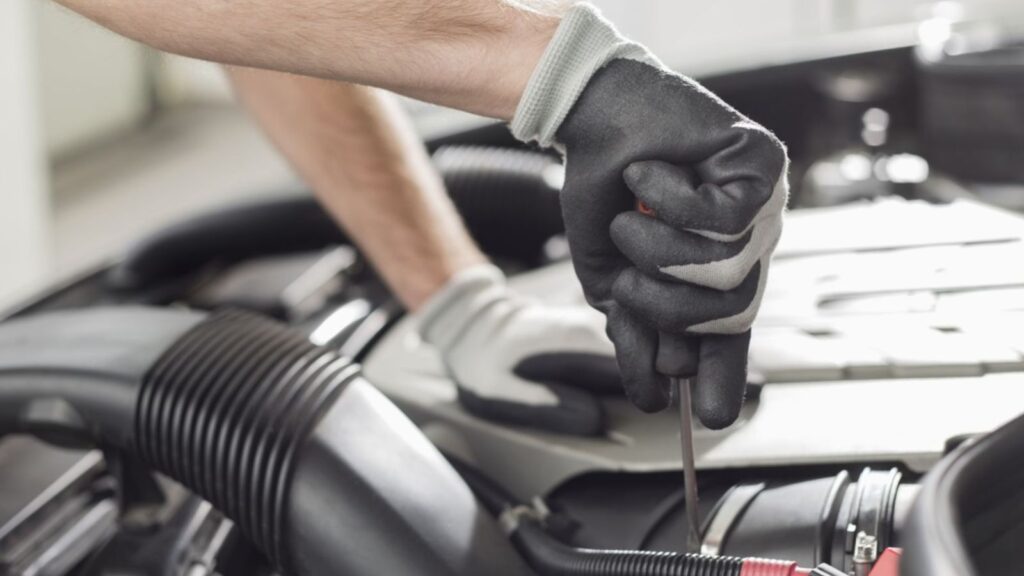
Having routine maintenance performed on your car is absolutely key if you want it to run for many years and miles. Each car should have its own particular schedule, but there is always plenty of information online if you aren’t sure what will be best for you.
Check the Timing Belt
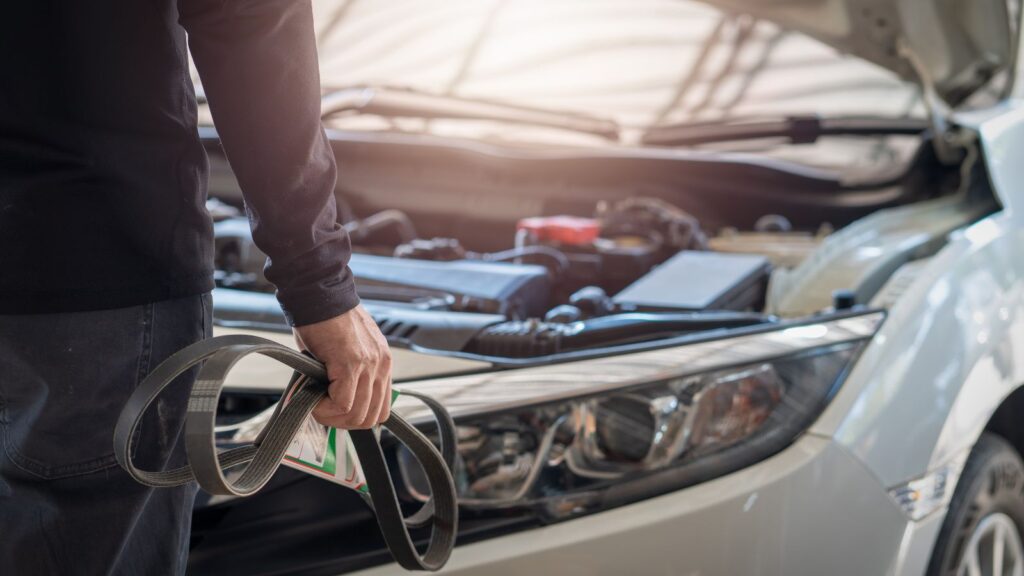
Often forgotten, the timing belt is integral to the structure of many car engines. It synchronizes the rotation of the crankshaft and camshaft. A broken timing belt can lead to irreparable engine damage, which will cost you a lot of money. If your car’s engine has one, it’s essential to replace the timing belt as frequently as recommended.
Protect Your Car from Harsh Weather

Sometimes, you may not have a choice of your car being exposed to extreme temperatures, winds, snow, intense sunlight, or rain, depending on where you live and if you have a garage. If you can’t protect your car from these conditions, get it washed frequently to maintain the exterior.
Keep Up with Battery Replacement
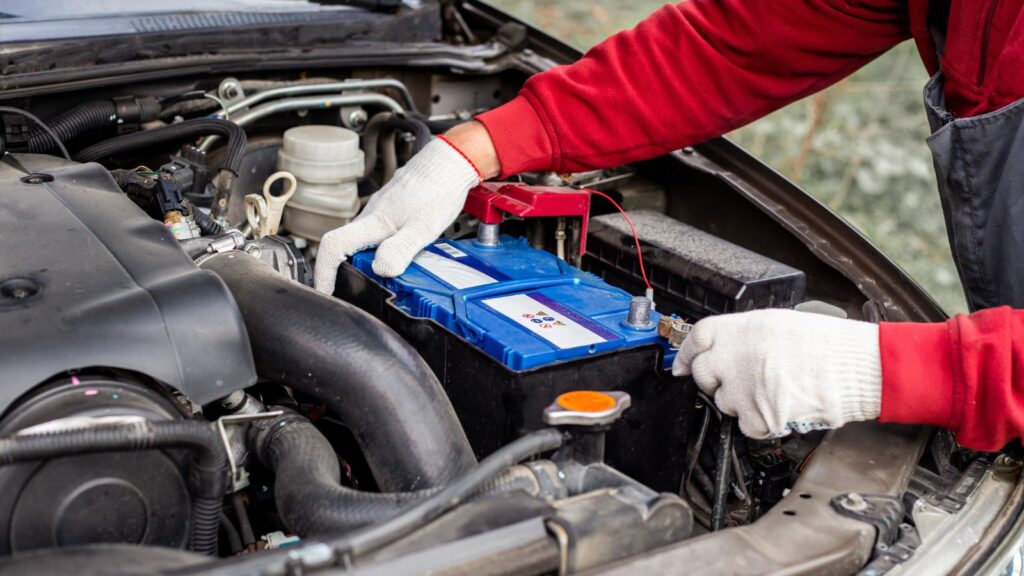
There are so many reasons why it’s important to keep up with car battery replacement. Batteries lose the capacity to maintain a charge over time, which leads to engines not wanting to start, especially in the winter. The battery also powers your car’s electrical system, like door locks, lights, and radio. A dead battery can lead to very dangerous situations, including but not limited to leaving you stranded on the side of the road or your airbags not working.
Never Ignore a Check Engine Light
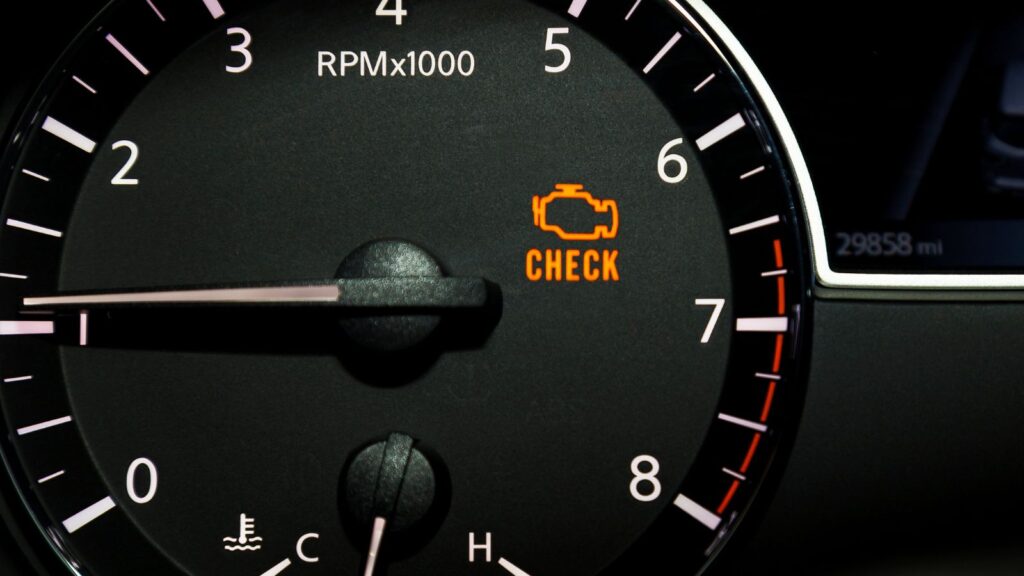
These lights aren’t friendly suggestions. They can help you identify car problems at the jump before they get the chance to escalate into extremely costly and even dangerous issues.
Avoid Road Rage

Driving chaotically and recklessly is a surefire way to wear your car out long before it would if you were driving calmly. It can lead to premature wear on tires, brakes, and other components. It also wildly increases your chance of getting into an accident, which could cause injury or death and will likely cause extra repair expenses and lower the car’s potential resale value.
Fix Problems Right Away
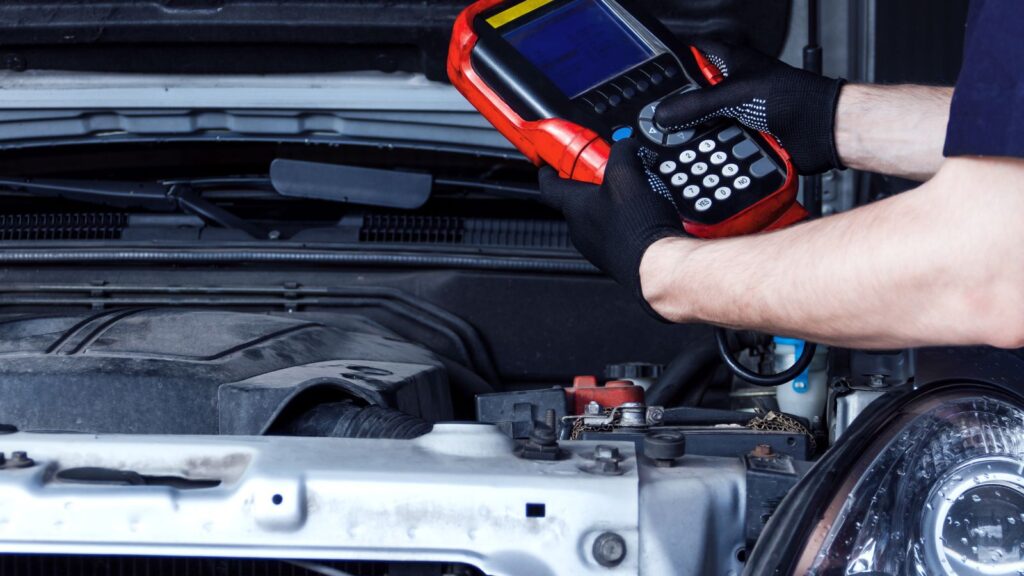
The longer you let an issue sit, the higher the chances of it turning into a problem that will seriously cost you and reduce your car’s lifespan. Pay attention to the signs, from small ones like weird sounds to full-on check engine lights.
Keep Your Car Clean
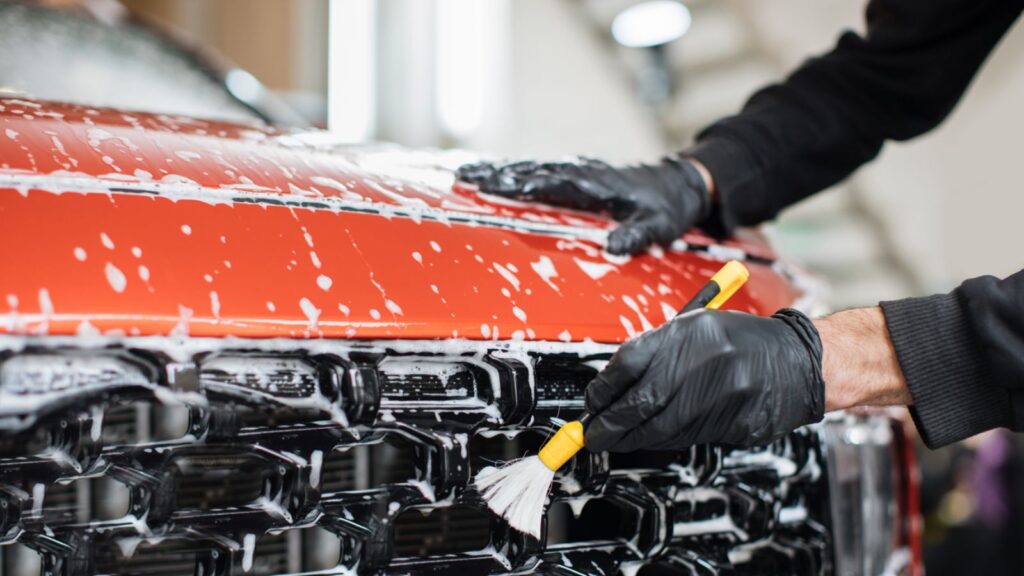
Routinely washing the outside and inside of your car decreases the risks of corrosion and rust formation. Additionally, dirt and dust that accumulate can impact the functioning of mechanical systems long-term.
Buy Quality Parts
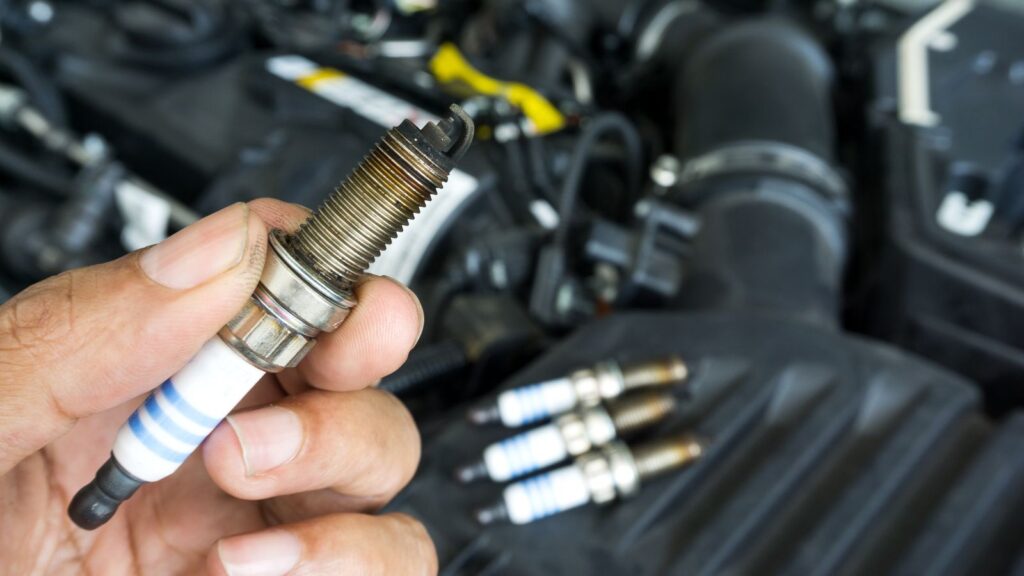
Quality auto parts heavily influence the longevity of your vehicle and how reliable it is. Good parts lower the chances of breakdowns and expensive repairs, which are required when you cut corners.
Find a Good Mechanic
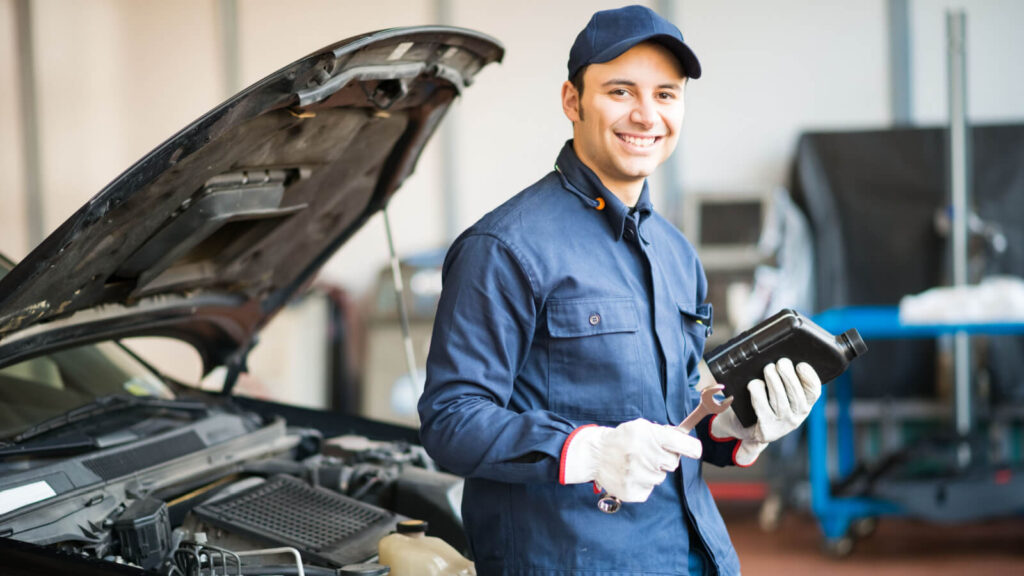
There are plenty of ways to track down a good mechanic in your area. Finding one you can trust is important to save money and keep your vehicle in good shape. You can ask around for referrals or do research online to find someone reliable, but always be sure to trust your instincts.
Check Tire Pressure Regularly
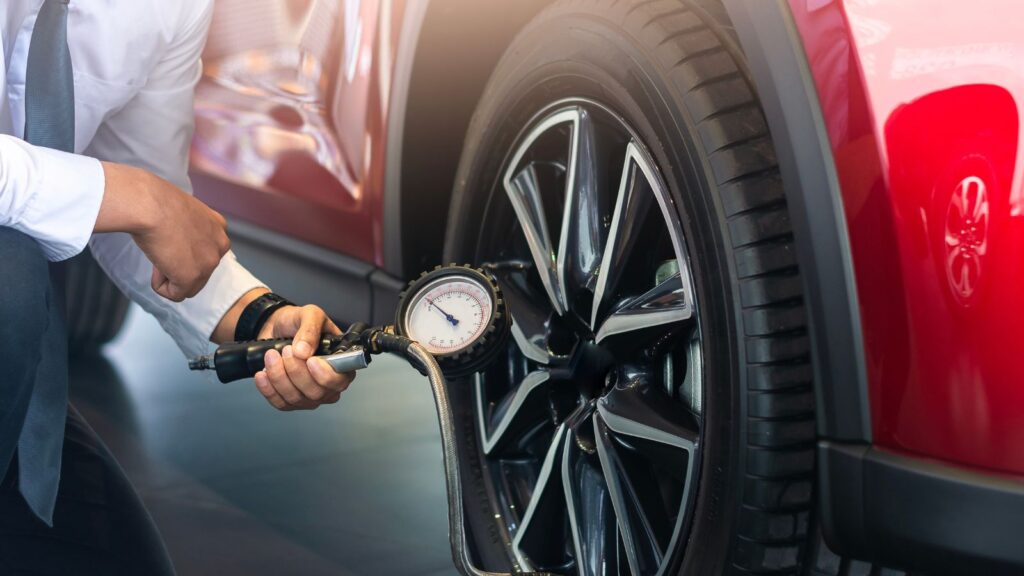
Checking tire pressure is something you can easily do at many gas stations. Tires need to be fully inflated for maximally safe driving, and if they’re underinflated, they can lead to a car hydroplaning when it’s wet out. Underinflated tires also lead to uneven wear, which is harmful to the lifespan of your tires.
Pay Attention to Little Things

Your car will often tell you if something is wrong, but not if you refuse to pay attention. If something in your car looks, sounds, or smells off, take it to a mechanic as soon as possible. This will help your car live long past 200,000 miles and save you money in the long run.
30 Traditional Sayings That Are Now Considered Offensive by Woke Culture

30 Traditional Sayings That Are Now Considered Offensive by Woke Culture
21 Habits Often Associated With Having a Lower Social Status

21 Habits Often Associated With Having a Lower Social Status
25 Social Issues Gen Z are Determined to Cancel

